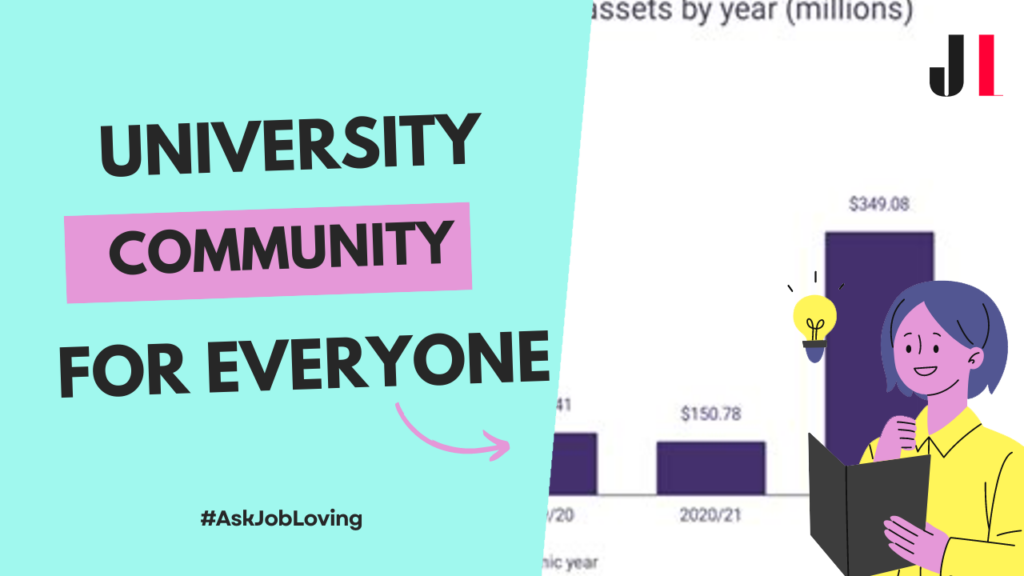Does Columbia University Pay Taxes?
When it comes to taxes, many people wonder about the financial responsibilities of institutions like Columbia University. The short answer is that Columbia, like many other universities, enjoys certain tax exemptions which makes the situation a bit more complex. Being a non-profit educational institution, Columbia University doesn’t pay traditional property taxes on its campus real estate. Instead, they benefit from a range of tax exemptions that help them operate.
Columbia’s status as a not-for-profit organization means it can sidestep certain taxes, especially property taxes. According to analyses by reputable sources such as The New York Times, these exemptions save Columbia upwards of $182 million annually. This has raised eyebrows among taxpayers and local legislators alike, given that these exemptions affect potential funding for public institutions such as City University of New York (CUNY).
Recently, state legislators proposed a new bill aimed at ending over $320 million in yearly property tax exemptions for both Columbia and New York University (NYU). The intention is to redirect those funds to support CUNY, reflecting growing sentiments that some universities should contribute more to the community they inhabit. Proponents argue that while these institutions provide jobs and education, they should still partake in local funding through taxes.
The Bigger Picture: Community Contributions and Job Creation
Beyond the tax debate, it’s essential to recognize that Columbia does contribute significantly to the local economy. The university acts as a major job creator and attracts students from around the world, fueling local businesses and services. Critics of the tax-exempt status often state that while it isn’t fair for Columbia to be completely off the hook regarding taxes, they shouldn’t forget how much value the university brings to New York City.
Interestingly enough, many prestigious universities like Harvard and MIT also carry similar tax-exempt statuses yet make considerable payments in lieu of taxes (PILOT) to their local governments. This practice allows them to remain part of the civic infrastructure while still benefiting from their non-profit designation. Many hope Columbia might follow this model in the future.
Conclusion: A Local Debate About Fairness
The conversation around whether Columbia University should pay taxes revolves primarily around community fairness and financial viability for public institutions. While they indeed enjoy sizable tax exemptions that peg them as financial titans with billion-dollar endowments, it is also crucial to understand their role in economic stimulation. Ultimately, addressing this issue may lead to a reassessment of how we view and value educational institutions in our communities.
For anyone interested in further exploring whether Columbia University pays taxes and other related topics, feel free to connect with us at the JobLoving community for more information and discussion!

